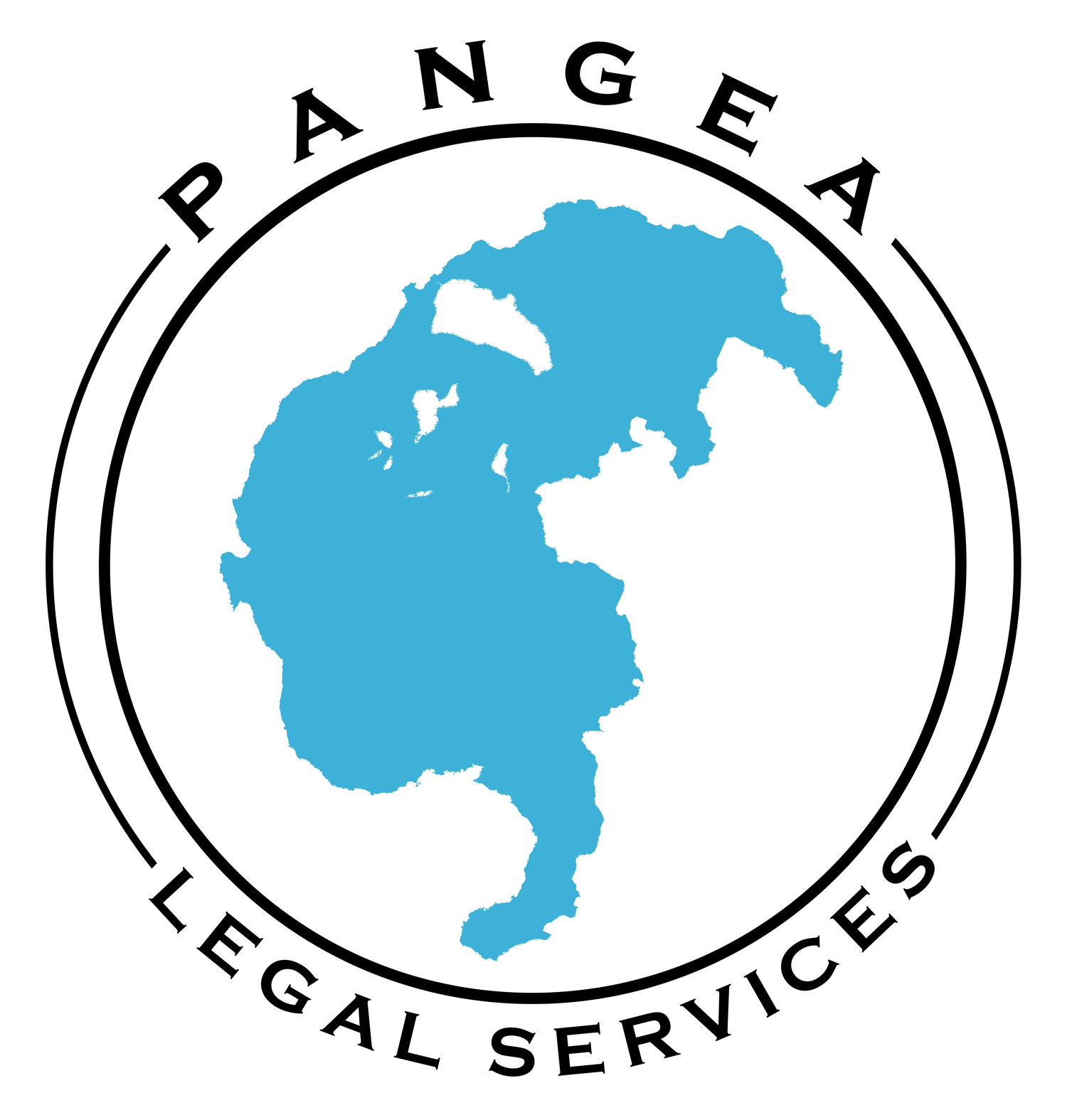Contacts:
Esperanza Cuautle | esperanza@pangealegal.org
Elena Hodges | elena@pangealegal.org
August 4, 2025
FOR IMMEDIATE RELEASE
PRESS RELEASE: STATEMENT ON THE CRIMINALIZATION OF MENTAL HEALTH AND AFFIRMING OUR UNWAVERING SUPPORT FOR GUILLERMO
SAN FRANCISCO, CA – Pangea Legal Services is deeply concerned about the misleading media coverage surrounding our client, Guillermo, a long-time community member who is facing criminal charges after experiencing a medical emergency this past weekend.
What the media has reported as a “crime spree” was in fact a moment of urgent mental health crisis. Officers on the scene confirmed that Guillermo, who lives with multiple health conditions, was seeking help and in distress, describing him as “frantically asking for medical assistance.” But instead of offering help, law enforcement violently arrested Guillermo.
This escalated response from law enforcement is not an isolated or exceptional incident. It is a reflection of the well-established patterns of brutal police violence that have led to the deaths of people like Amadou Diallo, George Floyd, Breonna Taylor, Oscar Grant, and so many others. Guillermo survived, but he should never have been subjected to the use of force in a moment of crisis. Guillermo’s case offers a chilling reminder of how police are too often deployed as first responders to medical and mental health emergencies, with devastating consequences—especially for Black and brown communities.
This is not justice. This is a clear example of how our society criminalizes people with mental illness.
Guillermo has lived in the U.S. since he was 6 years old and has dedicated his life to healing, art, and community organizing. He spent over a year in ICE detention from 2021 to 2023. While detained, Guillermo spoke out about the abuse and injustices he faced. He was a key organizer of labor and hunger strikes in detention, and he participated in a lawsuit against the private prison company GEO Group for retaliating against him and others who had taken a stand against dangerous and inhumane conditions in immigration detention. Since his release on bond, Guillermo has continued to advocate courageously for the rights of immigrants. In addition to being an active member of community organizations, Guillermo has worked as a carpenter and has become known and beloved as a tattoo artist. He has worked tirelessly to support others, and now it is our turn to stand beside him.
On July 30, 2025, more than 35 community members filled the Wiley W. Manuel Courthouse in Oakland to demand Guillermo’s freedom and access to the mental health care he needs. In a powerful affirmation of Guillermo’s humanity, the judge acknowledged not only his need for urgent mental health support, but also the strong network of care that surrounds him. We applaud the judge’s decision to release Guillermo on conditions that he wear a GPS ankle monitor and attend an inpatient psychiatric program. This decision affirms what we have always known: that our people belong with their communities, not behind bars.
Unfortunately, any contact with police puts Guillermo at immediate risk of further criminalization and potential deportation. This is the daily reality for many immigrants living with mental illness in this country. People with mental health conditions are vastly overrepresented in our nation’s jails and prisons: an estimated 2 million times each year, people with serious mental illness are booked into jail, according to the National Alliance on Mental Illness. Rather than offer support, our legal systems continue to punish people for their pain––while also inflicting new trauma through surveillance, incarceration, and deportations.
Pangea Legal Services is proud to represent Guillermo in his immigration case, and we join the broader community in calling for compassion, truth, and restorative justice. We recognize that witnessing someone in crisis can evoke fear, confusion, or distress, and can sometimes result in harm. However, we urge our communities to remember that mental health crises are not always visible or legible in the moment, and individuals like Guillermo—who are already targeted by carceral and immigration systems—are often the ones who face the most severe and lasting consequences.
We urge the public and the media to recognize Guillermo’s humanity, acknowledge the context of his crisis, and resist the ongoing dehumanization of all people living with mental illness. Guillermo’s own organizing and his support network serve as models of the community care we know keep us truly safe.
—
